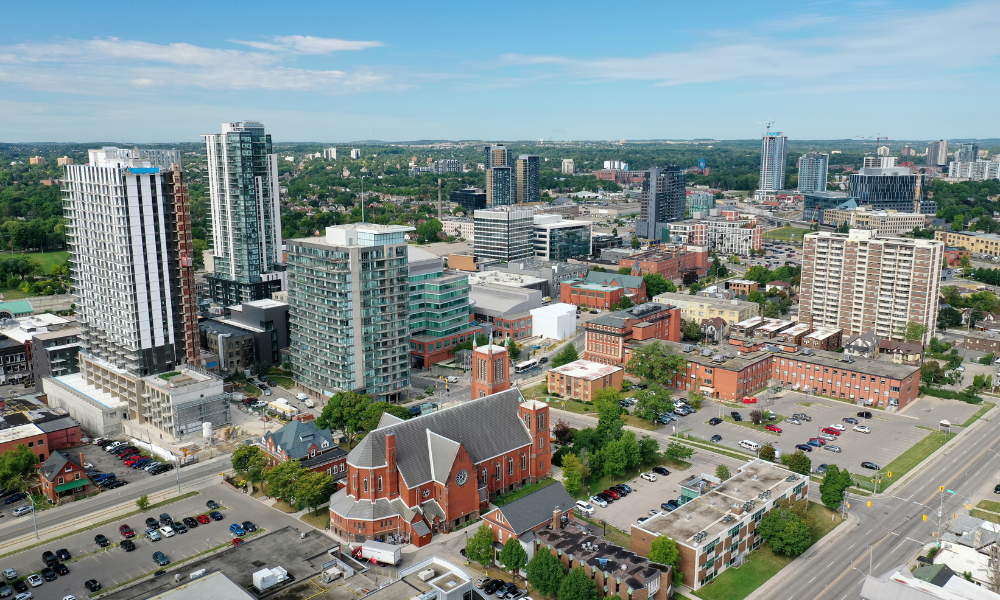Sales growth hints at a market turnaround, but recovery speed varies province to province

Canada’s housing market appears to be staging a tentative recovery after months of trade war–induced uncertainty, with more buyers returning in May even as the pace of gains varies regionally, RBC Economics said.
Home resales have now risen for two consecutive months, climbing 0.8% in April and 3.6% in May.
“The stronger advance last month coincided with the US administration broadly de-escalating tariffs, which may have comforted homebuyers who had retreated to the sidelines on recession fears,” RBC assistant chief economist Robert Hogue wrote in a note.
Despite this sequential uptick, overall activity remains muted. On a non-seasonally adjusted basis, May sales were still down 4.3% from the same month a year earlier. High listings and affordability pressures continue to pin sales near cyclical lows in Southern Ontario and British Columbia, where job markets have softened and housing costs remain steep.
Supply trends, meanwhile, show no sign of evaporating. New listings grew 3.1% in May and are up 8% over the past 12 months, pushing total inventory to a six-year high. That abundance of choice has driven outright price drops in many markets, though the pace of decline slowed markedly last month.
RBC’s National Composite MLS Home Price Index dipped just 0.2% from April, a fraction of the 0.9% average monthly drop recorded over the prior quarter, and remained 3.5% below its level of May 2024.
Ontario’s housing landscape exemplifies the uneven recovery. The Greater Toronto Area (GTA) posted its first monthly gain in the composite index in six months, with prices inching ahead by 0.1%. Beyond the GTA, Niagara (up 1.6%), London (1.3%), Kitchener-Waterloo (1.6%) and Cambridge (0.6%) saw healthy rises, largely driven by single-family homes. By contrast, Hamilton (–2.3%), Windsor (–1.2%), Kingston (–0.9%) and Ottawa (–0.2%) recorded further declines as condo inventories swelled.
British Columbia’s key markets continued to lose ground, with the Fraser Valley down 1.1%, Vancouver off 0.9% and Victoria slipping 0.7%. Alberta remains split: Calgary prices fell 0.5%, while Edmonton eked out a 0.2% gain. In the Prairies, Quebec and Atlantic provinces, however, price momentum is firmly positive. Quebec City jumped 2.3% in May, Halifax rose 2.2%, St. John’s gained 1.6% and Saskatoon climbed 1.5%.
Read next: Canada's housing market heats up in May
Looking ahead, RBC expects the housing market’s confidence to rebuild “as tariff de-escalation lifts some of the uncertainty that hindered activity earlier this year,” Hogue said. “We see this broadly boosting demand, but a weak job market is likely to temper the pace of any recovery in the near term.
“This is poised to keep buyers in the driver’s seat for a while longer in Ontario and BC as supply-demand imbalances persist. We think it will lead to further price depreciation in these markets, especially in the condo segment where supply is abundant.”
Markets with tighter supply-demand balances – including Edmonton, Regina, Saskatoon, Winnipeg, Montreal, Quebec City, Halifax and St. John’s – are more likely to see firmer price appreciation as confidence slowly returns.
Make sure to get all the latest news to your inbox on Canada’s mortgage and housing markets by signing up for our free daily newsletter here.



